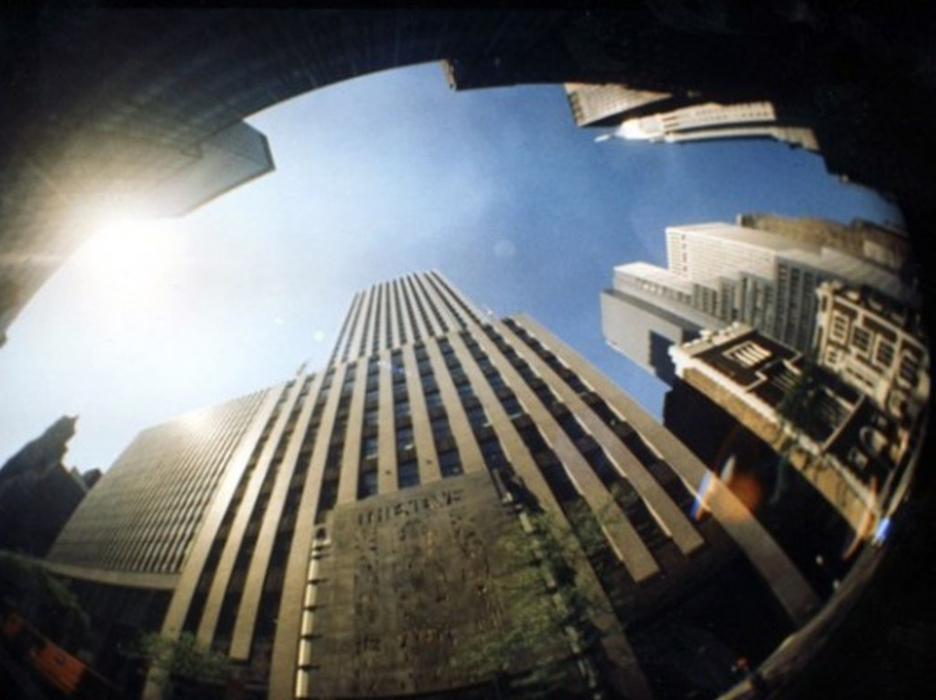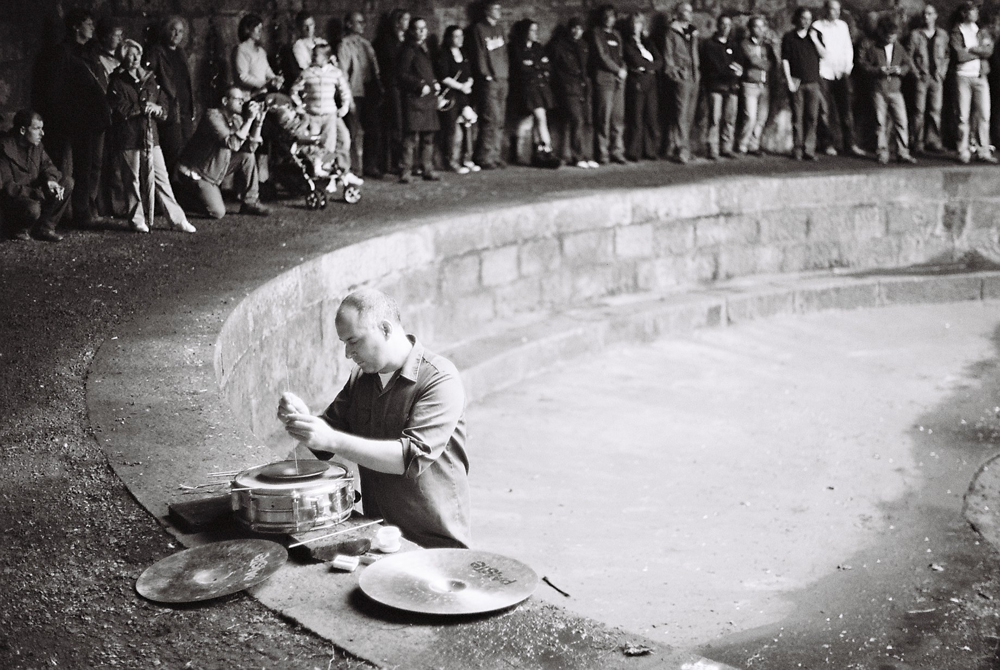
Andrew Lampert
Andrew Lampert
Quasi-theatrical multiple-projector pieces play with the relationship between performers, art and audiences.
Arika have been creating events since 2001. The Archive is space to share the documentation of our work, over 600 events from the past 20 years. Browse the archive by event, artists and collections, explore using theme pairs, or use the index for a comprehensive overview.

Quasi-theatrical multiple-projector pieces play with the relationship between performers, art and audiences.

Each organ is unique. The project is to find out what makes it unique.

Trio vocal performance of a score by Achim Wollscheid with Aileen Campbell, Junko and Dylan Nyoukis.

The struggle for sex workers’ rights and how we can understand it in the continuum of care work and other forms of invisibilised and precarious work.

The club as a community and a site for performed politics: deep/ queer house, vogue femme, lipsync and ballroom.

A sung-through Nubian musical ballet. A darkly humorous take on sexual trauma and what magical and ancestral tools might heal it.

Includes: a polish counting lesson, around NYC with D A Pennebaker, a portrait of a tower block, a man with a spade, at home with KYTN regular Guy Sherwin, a cinematic Blair Witchish cut-up and a song for some swings.

Disused railway turning circle at east end of Union Terrace Gardens, a historically public space at the centre of a regeneration land-grab for the private gain of a local petro-chemical magnate.

Open community meeting to discuss some of the prevalent concerns impacting the ballroom community.

John Butcher plays and manipulates a feeding back saxophone. Benedict Drew on electronics, broken cables and standing waves.

Film and sound stripped of ‘content’ and experienced spatially, to be looked at not on the screen but in the space of the gallery

The practice of North African Indigenous revolutionary love, in the face of European capitalist violence and settler colonialism, with one of the most vital anti-colonial thinkers in Europe.